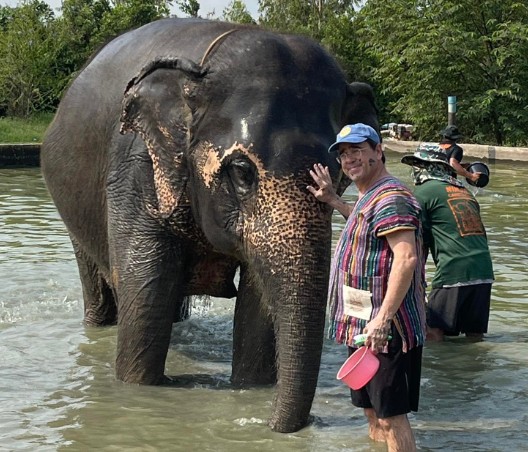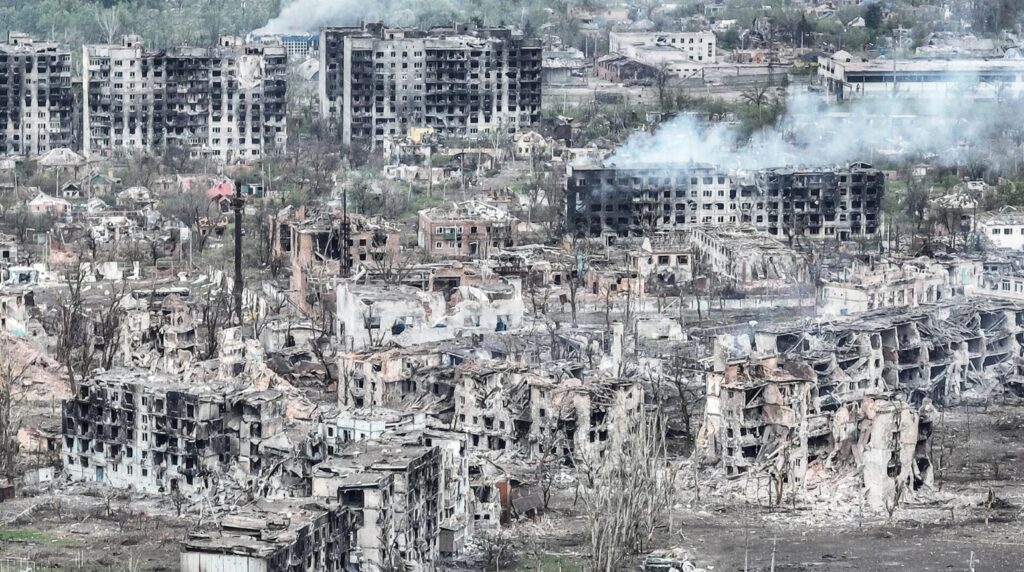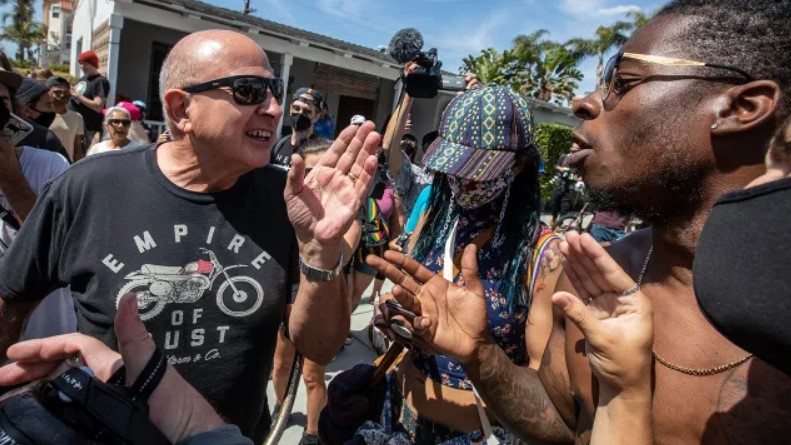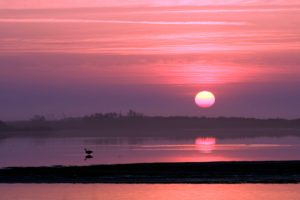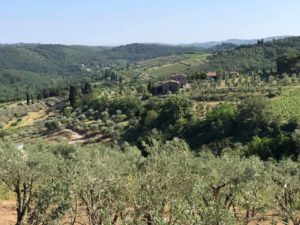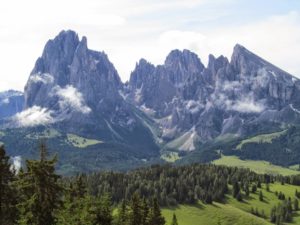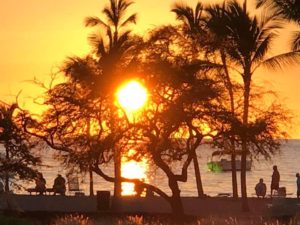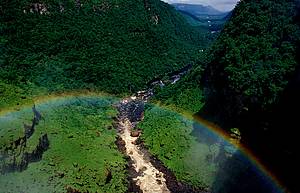Liberia Finds Solar Power Gets Things Moving Again


Liberians who live, study, or work outside the limited electric grid of the capital, Monrovia, do not have affordable, reliable light. A place to charge a mobile phone is a daily quest.
Less than 2 percent of rural areas and about 10 percent of the urban capital area have modern energy sources.
People who live in thatched or makeshift dwellings use hazardous candles and kerosene lamps—there are no fire fighters to come to the rescue. A fortunate minority have generators that run on expensive fuel.
Renewable energy is emerging to fill the need for power, allowing the rebuilding country to leapfrog over polluting fuels into “green” energy using the country’s abundance of sun and water.
In 2006, the USAID Liberia Energy Assistance Program (LEAP) began helping the post-war government of President Ellen Johnson Sirleaf create a national energy policy, including a strategy to reach the most underserved.
In two years, LEAP showed the benefits of low maintenance solar technologies at 19 sites in schools, clinics, small businesses, and public buildings supported by other USAID programs.Some examples of these pilot sites and how they renewed people’s lives and livelihoods follow.
Solar Refrigerator Preserves Vaccines and Saves Lives
At the Sakonnedu Health Clinic in Lofa County, LEAP provided a solar-powered vaccine refrigerator and a portable solar lantern for night births and other emergencies.
Before receiving the refrigerator, vaccines weren’t always available when needed as Sakonnedu staff had to bring ice packs from the county capital to keep vaccines in a cold box. Opportunities to vaccinate infants coming from remote villages were often lost.
A health worker at the clinic, which is run by International Medical Corps, credits the solarpowered refrigerator with saving lives: “Before a lot of newborns died, mostly from tetanus; since the refrigerator came, no more.”
 Workers install a solar-powered street light in Robertsport. Solar light panels are attached to sturdy aluminum mounting racks, each including a maintenance-free battery and a “dusk to dawn” charge controller. |
Lights Revive Social Life in Robertsport
Roberstport is the capital town of Grand Cape Mount County, known for its scenic beaches, lakes, and hills. But it had no street lights for nearly 20 years until LEAP installed 10 at the center of the town.
A cook at a small camping lodge catering to tourists from Monrovia said shops are open longer and the lights enable her to work at night and get home safely. And the lights revived social life after years of conflict.
“Now people come out at night; they aren’t afraid anymore; they meet and talk. I think the lights bring us more together,” she said.
 Women and a few men are making it their business to build solar flashlights/ reading lights using recycled plastic water bottles and a solar charging panel. |
Entrepreneurs Turn Plastic Bottles into Solar Lamps
A few Liberian groups are testing out a new business using empty plastic water bottles to make solar-powered lanterns with three tiny LED (light-emitting diode) bulbs. The small lantern serves as a flashlight or flexes to become a reading light.
The solar torch was developed and donated by Green Energies, LLC, for micro-enterprises in Tanzania. A start-up assembly tool kit costs $100 and light kits are $15 each. The lanterns are sold for about $25 each, including a small (1.5W) solar panel for recharging the batteries.
In Liberia, people can spend up to $15 each month on kerosene and candles, so makers of the small lights expect brisk sales. After training, a person can assemble four or five lights in a day.
To learn more about USAID’s LEAP program, visit here: http://www.usaid.gov/press/frontlines/fl_jun09/p8_solar060919.html. This post is directly from this page.
